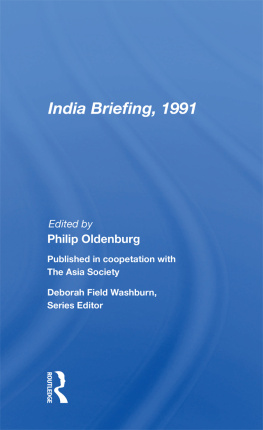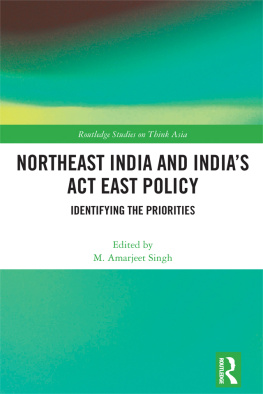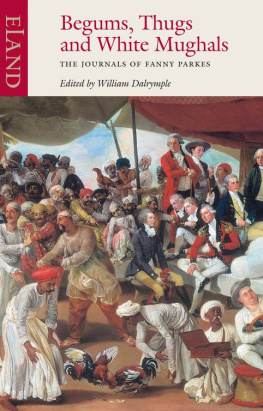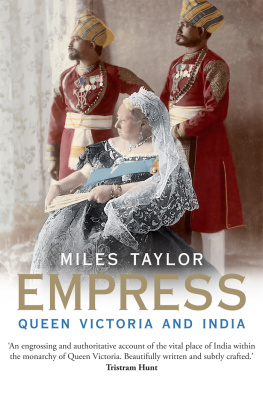-
Confessions of a Thug
By
Philip Meadows Taylor
Table of Contents
INTRODUCTION
VOLUME I
CHAPTER I
CHAPTER II
CHAPTER III
CHAPTER IV
CHAPTER V
CHAPTER VI
CHAPTER VII
CHAPTER VIII
CHAPTER IX
CHAPTER X
CHAPTER XI
CHAPTER XII
CHAPTER XIII
CHAPTER XIV
VOLUME II
CHAPTER XV
CHAPTER XVI
CHAPTER XVII
CHAPTER XVIII
CHAPTER XIX
CHAPTER XX
CHAPTER XXI
CHAPTER XXII
CHAPTER XXIII
CHAPTER XXIV
CHAPTER XXV
CHAPTER XXVI
CHAPTER XXVII
CHAPTER XXVIII
CHAPTER XXIX
CHAPTER XXX
CHAPTER XXXI
CHAPTER XXXII
VOLUME III
CHAPTER XXXIII
CHAPTER XXXIV
CHAPTER XXXV
CHAPTER XXXVI
CHAPTER XXXVII
CHAPTER XXXVIII
CHAPTER XXXIX
CHAPTER XL
CHAPTER XLI
CHAPTER XLII
CHAPTER XLIII
CHAPTER XLIV
CHAPTER XLV
CHAPTER XLVI
CHAPTER XLVII
CHAPTER XLVIII
TO THE RIGHT HONOURABLE
GEORGE, LORD AUCKLAND, G.C.B.,
GOVERNOR-GENERAL OF INDIA, WHO IS VIGOROUSLY PROSECUTING THOSE
ADMIRABLE MEASURES
FOR THE SUPPRESSION OF THUGGEE,
WHICH WERE BEGUN BY THE LATE
LORD WILLIAM CAVENDISH BENTINCK,
G.C.B. AND G.C.H.,
HIS PREDECESSOR;
THESE VOLUMES
ARE, BY PERMISSION, AND WITH GREAT RESPECT, DEDICATED
INTRODUCTION
The tale of crime which forms the subject of the following pages is, alas! almost all true; what there is of fiction has been supplied only to connect the events, and make the adventures of Ameer Ali as interesting as the nature of his horrible profession would permit me.
I became acquainted with this person in 1832. He was one of the approvers or informers who were sent to the Nizam's territories from Saugor, and whose appalling disclosures caused an excitement in the country which can never be forgotten. I have listened to them with fearful interest, such as I can scarcely hope to excite in the minds of my readers; and I can only add, in corroboration of the ensuing story, that, by his own confessions, which were in every particular confirmed by those of his brother informers, and are upon official record, he had been directly concerned in the murder of seven hundred and nineteen persons. He once said to me, 'Ah! Sir, if I had not been in prison twelve years, the number would have been a thousand!'
How the system of Thuggee could have become so prevalent, remain unknown to, and unsuspected by, the people of India, among whom the professors of it were living in constant association,must, to the majority of the English public, who are not conversant with the peculiar construction of Oriental society, be a subject of extreme wonder. It will be difficult to make this understood within my present limits, and yet it is so necessary that I cannot pass it by.
In a vast continent like India, which from the earliest periods has been portioned out into territories, the possessions of many princes and chieftainseach with supreme and irresponsible power in his own dominions, having most lax and inefficient governments, and at enmity with or jealous of all his neighbours,it may be conceived that no security could exist for the traveller upon the principal roads throughout the continent; no general league was ever entered into for his security; nor could any government however vigorous, or system of police however vigilant it might be in one state, possibly extend to all.
When it is also 'considered that no public conveyances have ever existed in India, (the want of roads, and the habits and customs of the natives being alike opposed to their use)that journeys, however long, have to be undertaken on foot or on horsebackthat parties, previously unknown to each other, associate together for mutual security and companionshipthat even the principal roads (except those constructed for military purposes by the Company's government) are only tracks made by the constant passage of people over them, often intersecting forests, jungles, and mountainous and uncultivated tracts, where there are but few villages and a scanty populationand that there are never any habitations between the different villages, which are often some miles apart,it will readily be allowed, that every temptation and opportunity exists for plunderers of all descriptions to make travellers their prey. Accordingly freebooters have always existed, under many denominations, employing various modes of operation to attain their ends; some effecting them by open and violent attacks with weapons, others by petty thefts and by means of disguises. Beyond all, however, the Thugs have of late years been discovered to be the most numerous, the most united, the most secret in their horrible work, and consequently the most dangerous and destructive.
Travellers seldom hold any communication with the towns through which they pass, more than for the purchase of the day's provisions: they sometimes enter them, but pitch their tents or lie under the trees which surround them; to gain any intelligence of a person's progress from village to village is therefore almost impossible. The greatest facilities of disguise among thieves and Thugs exist in the endless divisions of the people into tribes, castes, and professions; and remittances to an immense amount are known to be constantly made from one part of the country to another in gold and silver, to save the rate of exchange; jewels also and precious stones are often sent to distant parts, under the charge of persons who purposely assume a mean and wretched appearance, and every one is obliged to carry money upon his person for the daily expenses of travelling. It is also next to impossible to conceal anything carried, from the unlimited power of search possessed by the officers of customs in the territories of native princes, or to guard against the information their subordinates may supply to Thugs, or robbers of any description.
It has been ascertained by recent investigation that in every part of India many of the hereditary landholders and the chief officers of villages have had private connexion with Thugs for generations, affording them facilities for murder by allowing their atrocious acts to pass with impunity, and sheltering the offenders when in danger; whilst in return for these services they received portions of their gains, or laid a tax upon their houses, which the Thugs cheerfully paid. To almost every village (and at towns they are in a greater proportion) several hermits, fakeers, and religious mendicants have attached themselves. The huts and houses of these people, which are outside the walls, and always surrounded by a grove or a garden, have afforded the Thugs places of rendezvous or concealment; while the fakeers, under their sanctimonious garb, have enticed travellers to their gardens by the apparently disinterested offers of shade and good water. The facilities I have enumerated, and hundreds of others which would be almost unintelligible by description, but which are intimately connected with, and grow out of, the habits of the people, have caused Thuggee to be everywhere spread and practised throughout India.
The origin of Thuggee is entirely lost in fable and obscurity. Colonel Sleeman conjectures that it owed its existence to the vagrant tribes of Mahomedans which continued to plunder the country long after the invasion of India by the Moghuls and Tartars. The Hindoos claim for it a divine origin in their goddess Bhowanee; and certainly the fact that both Mahomedans and Hindoos believe in her power, and observe Hindee ceremonies, would go far to prove that the practice of Thuggee was of Hindoo origin. Though very remote traditions of it exist, there are no records of its having been discovered in any of the histories of India until the reign of Akbur, when many of its votaries were seized and put to death. From that time till 1810, although native princes now and then discovered and executed the perpetrators,I believe it was unknown to the British government or authorities. In that year the disappearance of many men of the army, proceeding to and from their homes, induced the Commander-in-chief to issue an order warning the soldiers against Thugs. In 1812, after the murder by Thugs of Lieut. Monsell, Mr Halhed, accompanied by a strong detachment, proceeded to the villages where the murderers were known to reside, and was resisted. The Thugs were discovered to be occupying many villages in the per-gunnahs of Sindouse, and to have paid, for generations, large sums annually to Sindia's Government for protection. At this time it was computed that upwards of nine hundred were in those villages alone. The resistance offered by the Thugs to Mr Halhed's detachment caused their ultimate dispersion, and no doubt they carried the practice of their profession into distant parts of the country, where perhaps it had been unknown before.
Next page











